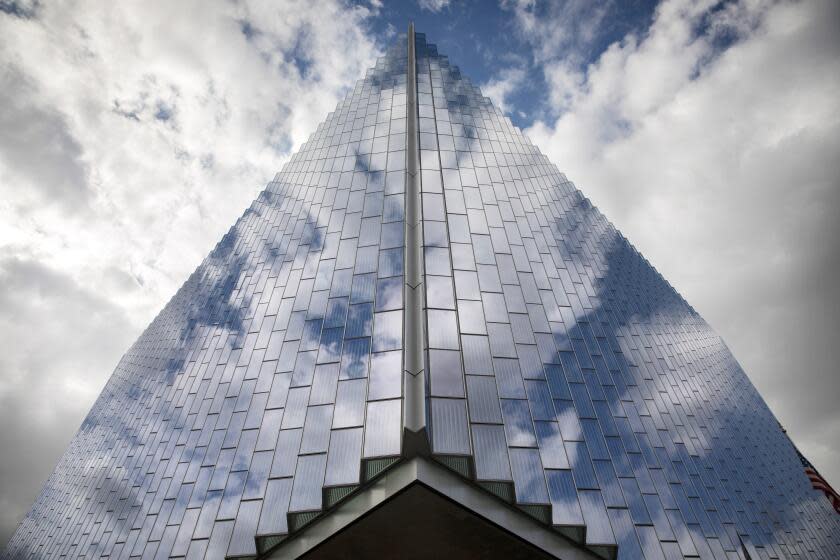SHE Beverage Co. CEO accused of defrauding investors, spending at Gucci and Louis Vuitton stores

The chief executive of a beverage company marketed to women was charged by a federal grand jury of operating a fraudulent scheme that raised more than $13 million from investors but prosecutors say the majority was spent on luxury items and more than a million spent at casinos.
Lupe Louise Rose, 54, was arrested in connection to her handling of funds for her company, SHE Beverage, which she founded in Palmdale, Calif., in 2009. Rose promoted the company as women-owned, saying it sold beer, wine, bottled water and other beverages designed "to cater to women's needs primarily to female consumers," according to a 16-page indictment filed in the Central District of California.
The company also claimed that its bottled water was made with a proprietary formula that falsely claimed it cured cancer and spina bifida and had other health benefits and was approved by the U.S. Food and Drug Administration, prosecutors said.
An email to Rose's attorney was not immediately answered for comment.
Read more: Column: 'My life cannot be ruined by this scammer.' Two victims lost everything and sued their banks
Rose raised more than $13.5 million from more than a thousand investors across the U.S. but instead of using the funds for the business, she spent the money on herself, prosecutors claim. That includes spending the majority of that money at casinos and to purchase luxury items, cars and renting a house.
Rose pleaded not guilty to the charges laid out in a 39-count indictment during an arraignment hearing in federal court Monday. She was released on a $20,000 bail, according to court records, and a trial date has been set for March 19.
The case against SHE Beverage Company involves a scheme that spanned from 2017 to 2020, said prosecutors.
Rose raised investments in SHE Beverage by issuing $2.50-a-piece shares that constituted "securities" within the meaning of the Securities Exchange Act, according to the indictment. These shares were offered and sold through documents, investment guides, over the company's websites, emails and verbal sales pitches, according to prosecutors.
Some of the sales meetings where Rose gave her presentation to investors were livestreamed.
But Rose's tactics were manipulative and deceptive, according to prosecutors, who claim she made misleading or false statements to investors in a scheme to defraud. She claimed that the company was successful, but did not represent to investors that their money would be used by the company's executives for their own personal compensation.
In a 2018 investment document that Rose approved, SHE Beverage promised that $4 million of the investor's money would go to purchase inventory, but the company only spent about $300,000 between 2015 and 2021, according to court documents.
Instead, Rose transferred $6 million of that money to herself and her friends and family. That money was used to purchase cars and trucks for her friends and family's personal use. The money was also used to pay for the lease on a house where she lived and to purchase clothing at Gucci and Louis Vuitton stores, prosecutors said.
While the company promoted itself as generating roughly $4 million to $5 million in revenue, the company sold less than $263,000 in merchandise in the 2018 fiscal year. Most of the revenue was generated by renting the company's office space for parties, according to court documents.
Rose also lied about her work history, according to prosecutors, falsely claiming that she worked with McDonald's to develop their bagel sandwich and a stint with the fashion company Versace.
Rose also controlled multiple business checking accounts for SHE Beverage that were connected to shell companies meant to give the impression that the company was growing, according to the indictment.
In 2021, the SEC sued Rose, accusing her of fraudulently raising millions for her company throughout the U.S. A federal judge earlier this year ordered Rose and two others linked to the company liable to pay $12 million. They were also ordered to pay over $738,000 in interest, according to federal prosecutors.
This story originally appeared in Los Angeles Times.


